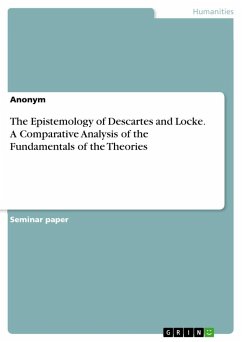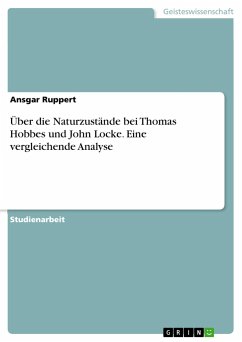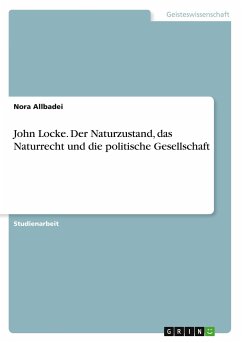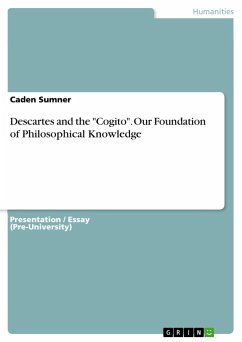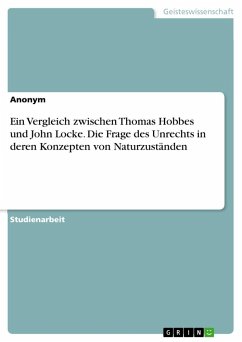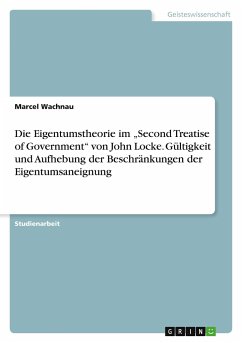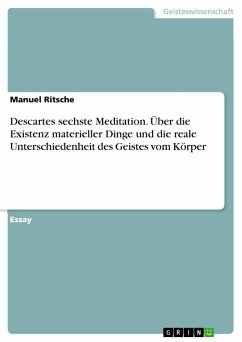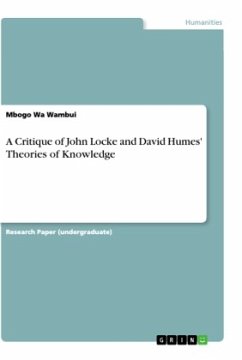Seminar paper from the year 2020 in the subject Philosophy - Philosophy of the 17th and 18th Centuries, grade: 1,0, Aristotle University of Thessaloniki, language: English, abstract: In this paper the author would like to compare the epistemology of Rene Descartes and John Locke. Insofar as both lived and practiced during the Enlightenment, she considers it an interesting object of analysis. In her opinion, the elaboration of the two philosophical currents of empiricism as well as rationalism can be seen particularly well in these two philosophers. To this end, she will focus particular on the first two meditations of Descartes, more precisely the methodological doubt and the Cogito argument, as well as the Essay concerning Humane Understanding by John Locke.In the first step, she will explain Descartes, with particular reference to the concept of his own existence and his mathematical approach. Furthermore, she will try to work out the meaning of logical thinking as well as the meaning of deduction by means of his text and examples taken from it. In the following, Locke's views will be presented in more detail, whereby she will focus particular on the meaning of experience and the development of ideas through that sensory experience. Also, shortly, in contrast to the explanation of deduction in Descartes' sense, the induction will be also examined. This is followed by an analytical comparison of the two theories and their classification in the philosophical currents as well as a critical illumination of the two approaches in order to work out the weaknesses and strengths of both theories, which will finally be summarized in a short conclusion.
Hinweis: Dieser Artikel kann nur an eine deutsche Lieferadresse ausgeliefert werden.
Hinweis: Dieser Artikel kann nur an eine deutsche Lieferadresse ausgeliefert werden.

